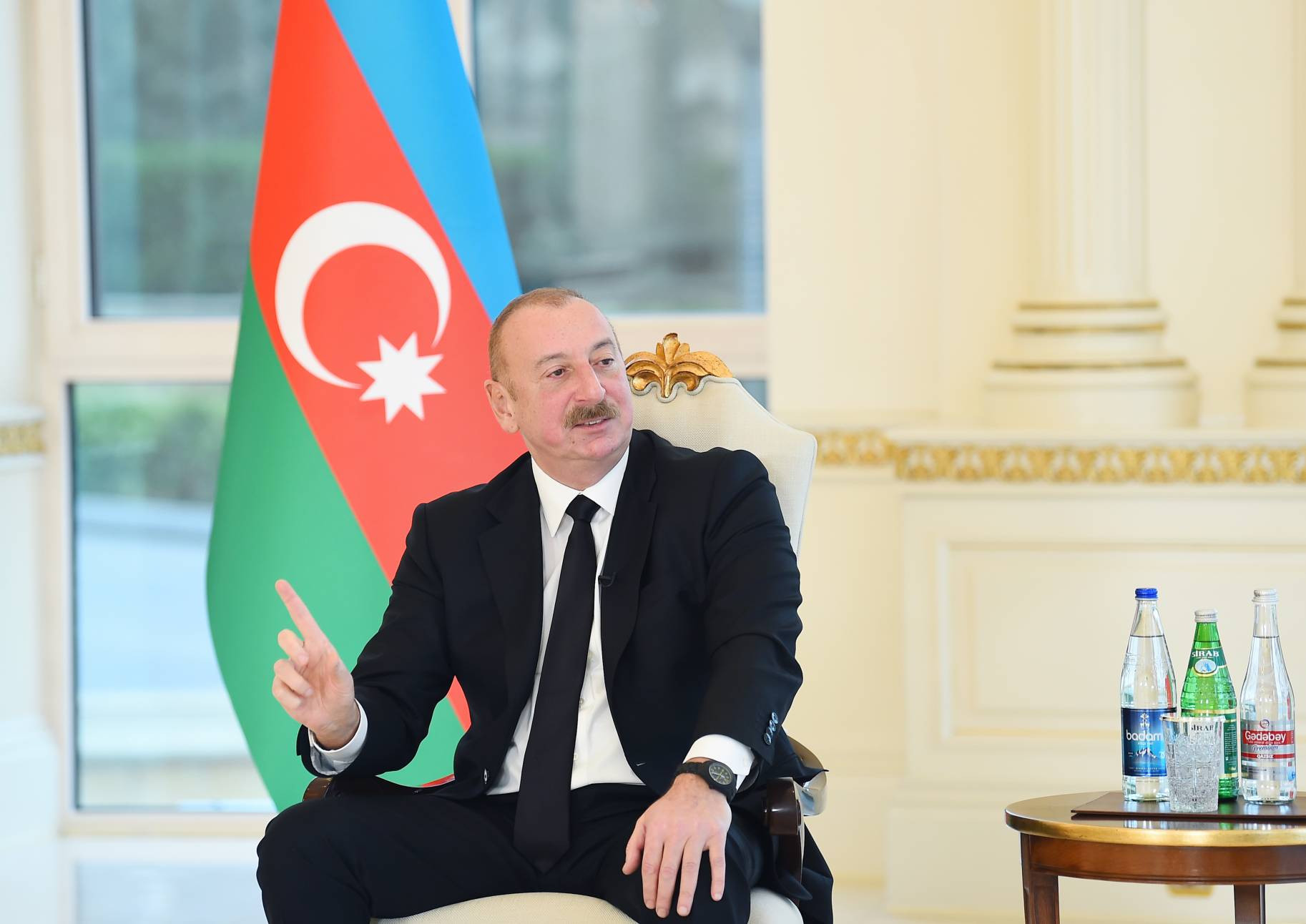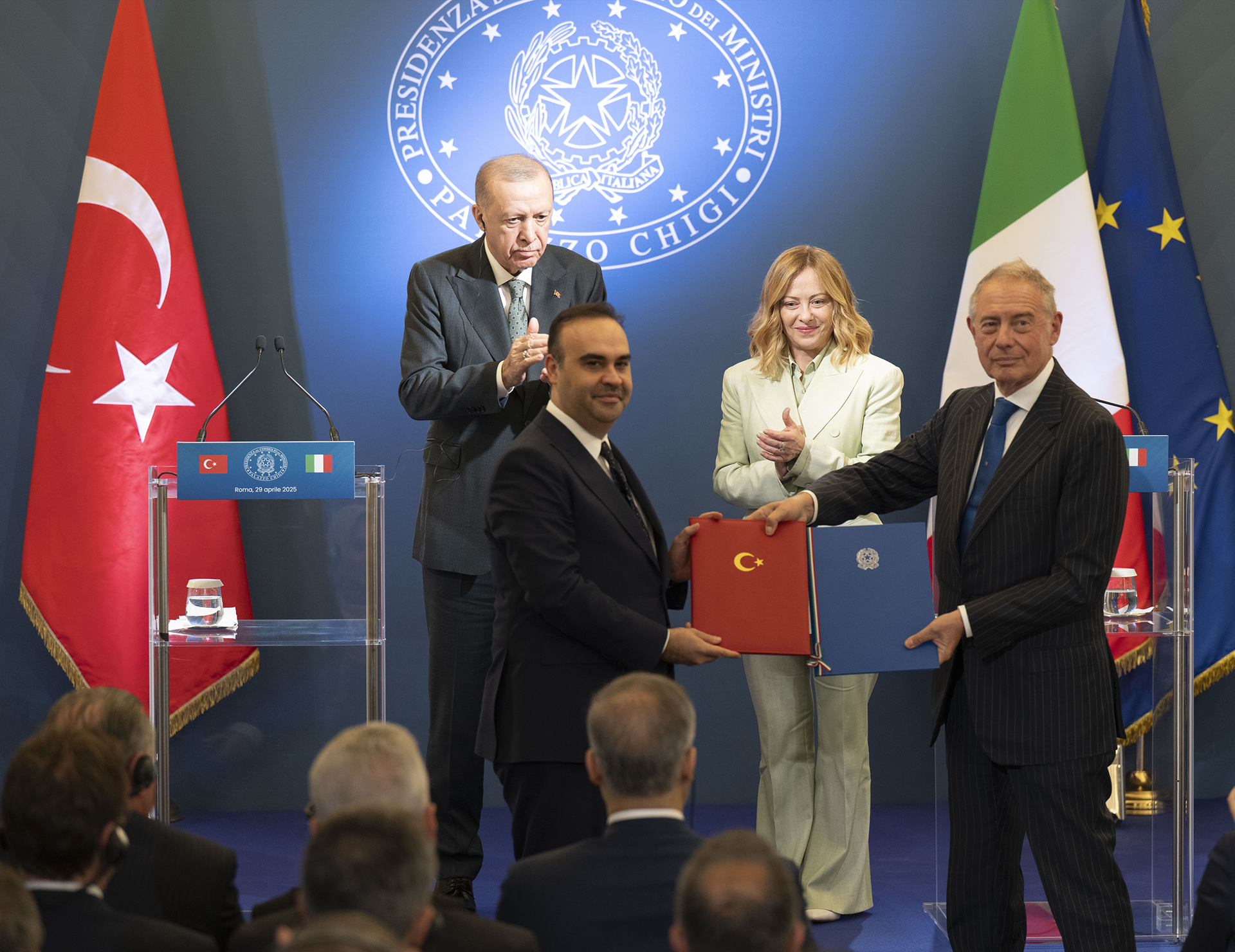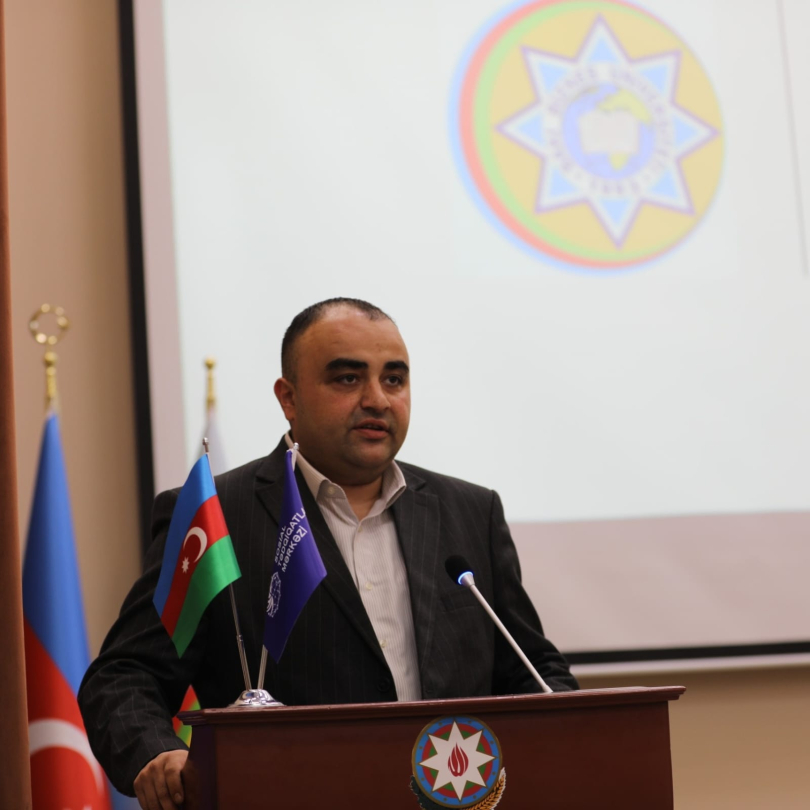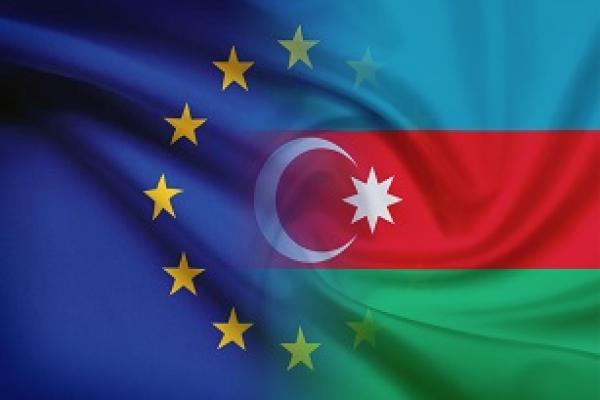Integration has long been viewed as the most promising path to establishing peace and stability in the South Caucasus. Since the collapse of the Soviet Union, which resulted in the disintegration of the region and the emergence of three independent states, various initiatives have been undertaken to this end. These initiatives primarily focused on frameworks that included not only the three local states (Armenia, Azerbaijan, and Georgia) but also neighboring countries (Russia, Iran, and Türkiye) and even non-regional powers (the European Union and the United States). The territorial conflict between Armenia and Azerbaijan, stemming from Armenia’s occupation of Azerbaijan’s Karabakh region and surrounding territories, posed a significant obstacle to the realization of such projects. Azerbaijan consistently stated that its participation in regional platforms with Yerevan is not feasible as long as Armenia maintains illegal control over Azerbaijani territories.
This regional landscape shifted in 2020 and 2023.
Through the 44-Day War (September 27 – November 10, 2020) and a one-day anti-terror operation in September 2023, Azerbaijan ended the occupation of its territories. This development opened a new chapter in regional politics, offering historic opportunities for peace, stability, and regional integration. President Ilham Aliyev of Azerbaijan, a leading advocate for regional cooperation, underscored this position in his address to the nation following the country’s military success against separatists in the Karabakh region on September 20, 2023:
“We propose that the future of South Caucasus countries should be based on peace, tranquility and development. …[T]he day is not far when Azerbaijan and Armenia will settle the issues between them, sign a peace treaty, and countries of the South Caucasus start working on future cooperation in a trilateral format.”
The de-occupation of Azerbaijan’s Karabakh opened up opportunities for integration in other tracks as well. Another cooperation platform, built on previous decades’ proposals, sought to unite the three South Caucasus countries with Russia, Iran, and Türkiye in what is known as the 3+3 format. Azerbaijan emerged as a strong proponent of this initiative as well. In December 2020, the presidents of Azerbaijan and Türkiye jointly proposed the 3+3 format. Although progress slowed after the first deputy ministerial meeting in December 2021, the participating countries (with the exception of Georgia) reactivated the group in October 2023, following the collapse of the separatist regime in Karabakh. This format aligns with Azerbaijan’s approach of pursuing “regional solutions to regional problems” within the context of regional geopolitics. The next ministerial meeting in this format is expected to be held in Ankara, Türkiye’s capital, in the coming months.
However, today both initiatives for integration face new challenges that threaten to undermine the emergence of a peaceful cooperative environment in the region. These challenges arise from both within and outside the region.
The most significant obstacle to establishing a trilateral cooperation platform involving the three South Caucasian states is the lack of a peace treaty between Armenia and Azerbaijan. The two countries have so far failed to conclude negotiations on a treaty that is critical for normalizing their relations. The presence of territorial claims in the Armenian constitution against Azerbaijan and Türkiye is viewed by Azerbaijan as a latent threat. Consequently, Baku has conditioned the signing of a peace treaty on the removal of these claims, necessitating a constitutional change.
Armenia’s refusal to cooperate on this critical issue has effectively stalled the process. Even if Armenia agrees to pursue a constitutional change, it is unlikely to occur before 2027. Therefore, the South Caucasus is unlikely to see the realization of a trilateral cooperation platform in the meantime, though initial steps can be taken in that direction. Establishing a consultation platform would serve as a preliminary step before launching a fully-fledged cooperation framework.
The external threats to integration in the South Caucasus are arguably more challenging and potentially destructive.
Historically, this region has been at the center of great power rivalries, and today this dynamic is even more pronounced due to the intensification of these rivalries, approaching the brink of a world war. Consequently, great powers are keen to secure their interests in the South Caucasus, prioritizing their own agendas in the Armenia-Azerbaijan peace process and other regional issues. Armenia’s decision to pursue closer ties with the EU and the USA at the expense of its relationship with Russia (Yerevan’s ally within the Collective Security Treaty Organization – CSTO, and the Eurasian Economic Union – EAEU) is one development that fuels tensions in the region. American officials have openly stated their intention to leverage the transportation routes of the South Caucasus to limit Russia’s and China’s geopolitical influence. Meanwhile, Russia and Iran aim to maintain their roles in the region, and their interests occasionally clash on issues such as the Zangezur corridor.
This great power confrontation over the South Caucasus and their respective policies toward the region has created what President Ilham Aliyev of Azerbaijan has termed “dividing geopolitical lines.”
Unfortunately, the South Caucasus today does not resemble a cohesive region in the traditional sense; rather, it appears as a dormant volcano that could erupt suddenly.
The growing military supplies to Armenia from France, India, and Iran have contributed to these tensions. In particular, France is seeking to build up its military and political presence in Armenia, a traditional Russian ally, as a retaliatory measure against Moscow in response to Russia’s anti-French policies in Africa and elsewhere.
Under these circumstances, the prospects for regional integration initiatives are minimal. The ongoing delay in Armenia-Azerbaijan peace treaty negotiations, fueled by territorial claims in Armenia’s constitution, continues to hinder progress toward a trilateral cooperation platform. Additionally, external geopolitical rivalries that heighten tensions further undermine broader integration efforts. As President Ilham Aliyev emphasized, the vision for a peaceful and prosperous South Caucasus is attainable, but realizing this vision necessitates overcoming both internal and external obstacles. While there is potential for regional integration, the interplay of internal disputes and external influences will significantly shape the South Caucasus’s future trajectory. The region’s stability remains precarious, requiring a complete renunciation of territorial claims against neighboring states and careful navigation through its complex geopolitical landscape.





